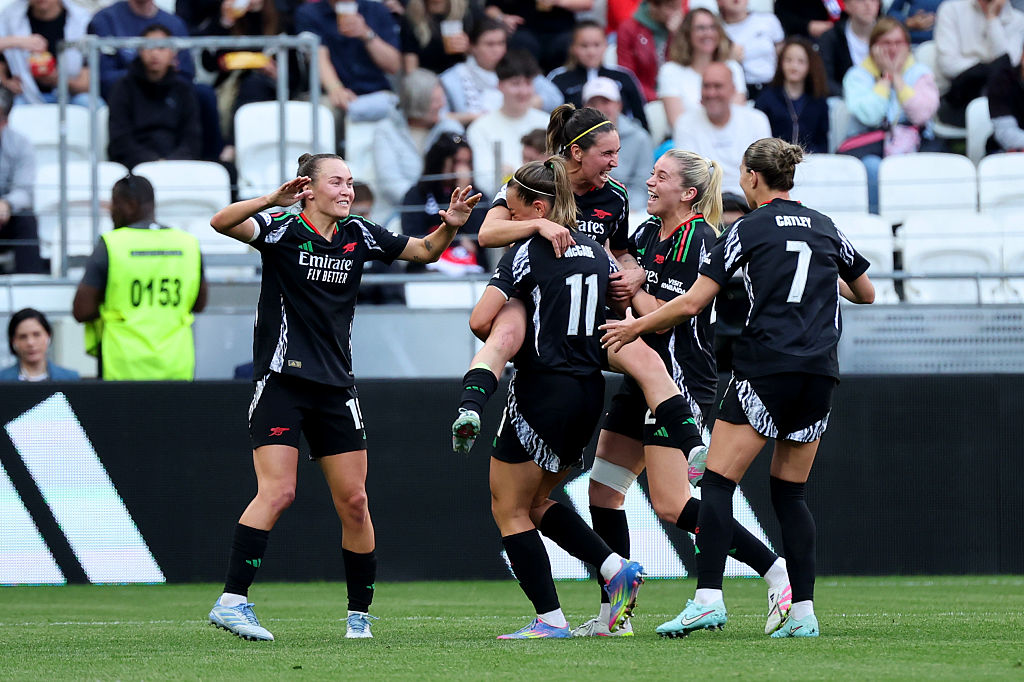Lampard is Chelsea’s first English manager in 23 years
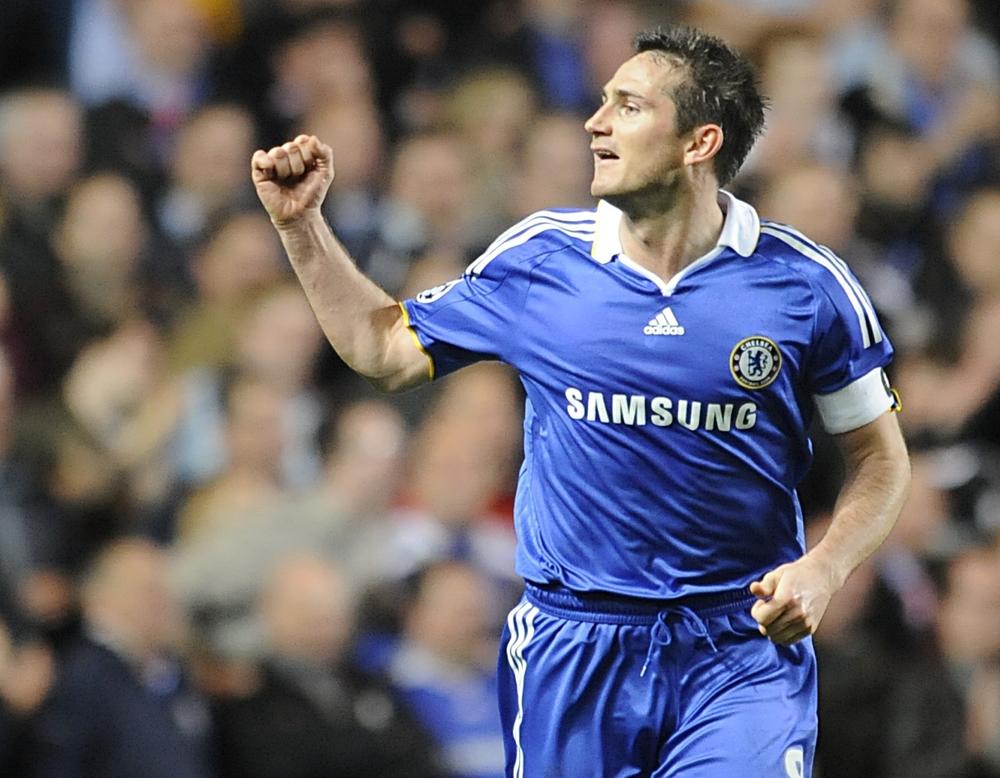
Chelsea’s all-time record goalscorer Frank Lampard has been appointed as the Blues’ new manager.
Lampard is certain to be a popular choice among the Stamford Bridge faithful as he succeeds Maurizio Sarri and is, remarkably, the club’s first English boss in 23 years.
Here, PA looks at the last Englishmen to take permanent charge at each of the current Premier League top six and how they fared in the role.
Manchester City
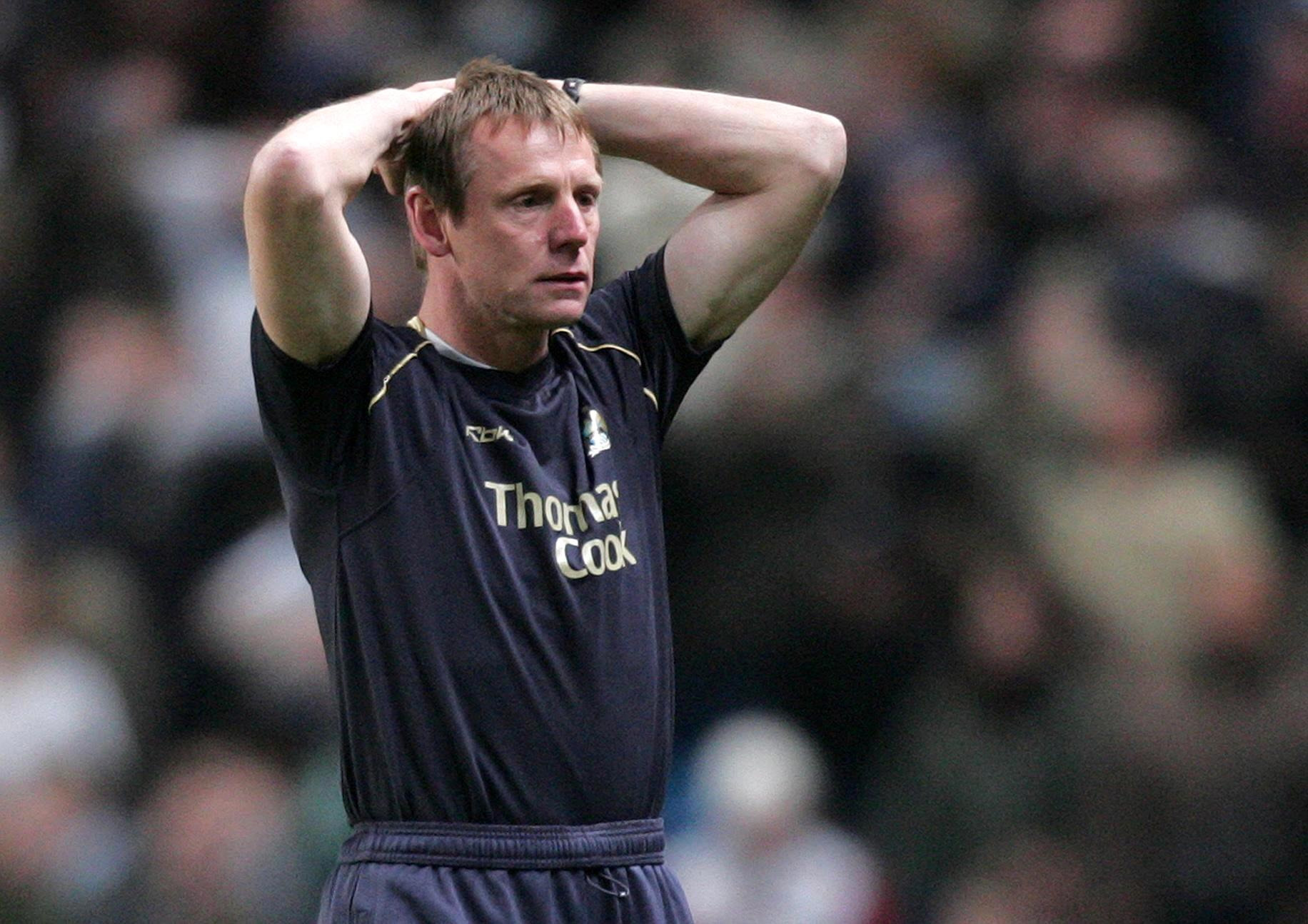
Former England captain Stuart Pearce took the reins first as a caretaker after Kevin Keegan’s departure in March 2005 before taking on the position full-time a couple of months later following some early success, during which they missed out on a UEFA Cup place by a slender margin. At one stage Pearce was touted to replace Sven-Goran Eriksson as England manager but underwhelming finishes of 15th and 14th in the Premier League in the next couple of seasons led to his sacking. In the months before then Pearce had been juggling his City duties with the England Under-21s role.
Liverpool
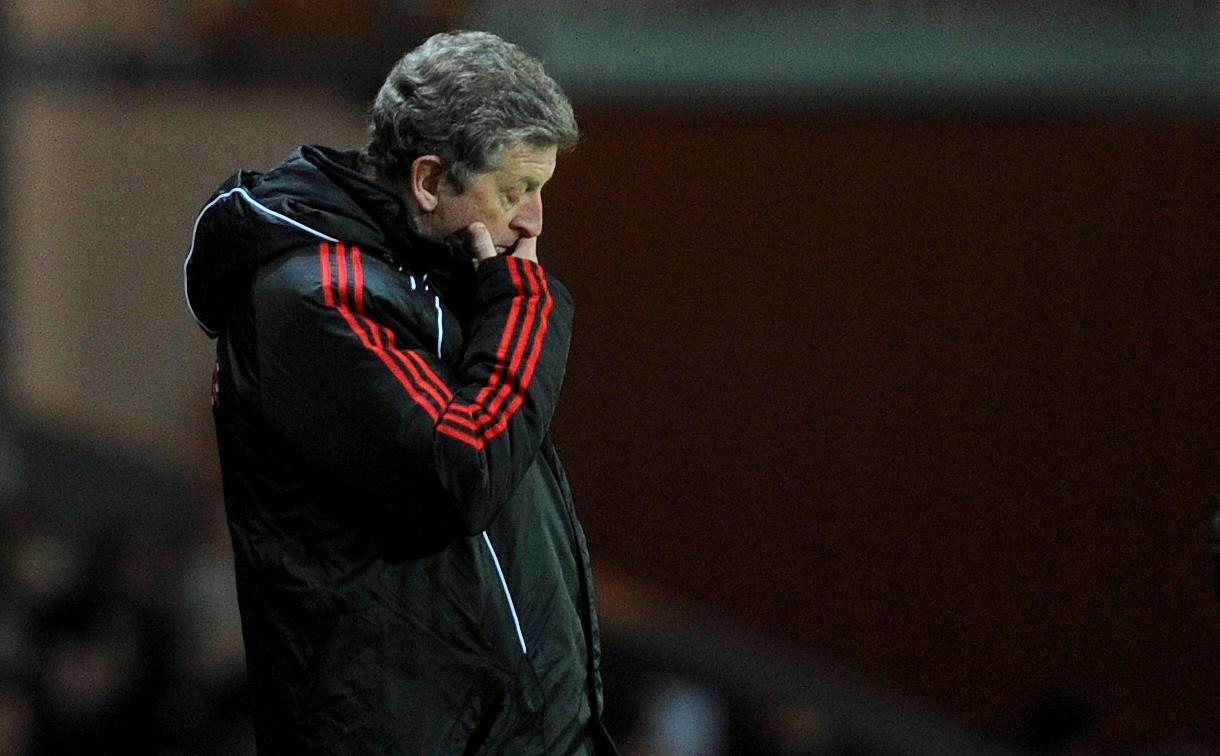
The well-travelled Roy Hodgson, on the back of leading Fulham to the Europa League final, replaced Rafael Benitez amid a backdrop of uncertainty in the summer of 2010. With the club up for sale, Hodgson was far from the popular choice on Merseyside as Liverpool great Kenny Dalglish emerged as an unlikely candidate. The future England manager would go on to win only seven of his 20 Premier League matches in charge in a turbulent six months he described as “the most challenging of my career” ending when he left the club by mutual consent in January 2011 – replaced by Dalglish.
Chelsea
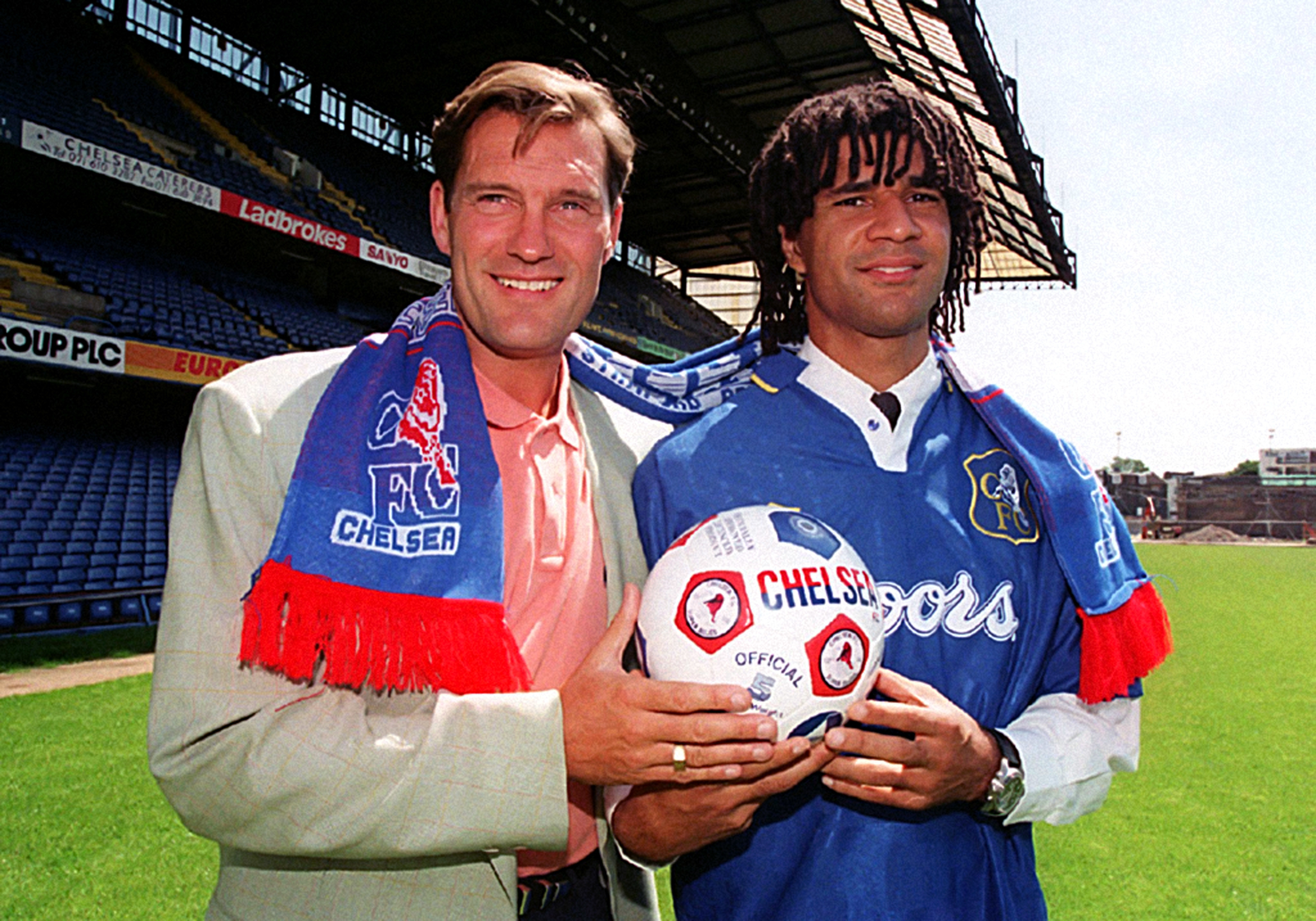
Glenn Hoddle’s journey to the Stamford Bridge hot seat was not dissimilar to Lampard’s. An England great and a goal-scoring midfielder, Hoddle’s first management position was with Swindon, whom he led to the play-offs in 1993 although, unlike Lampard, he orchestrated a win in the final to get the Robins into the Premier League. Hoddle then immediately left to take over as player-manager at Chelsea – he retired from playing in 1995 – leading them to the FA Cup final in his first season. He was unable to finish higher than 11th in the top flight in his three seasons in west London before leaving to take the England job after Euro 96.
Tottenham
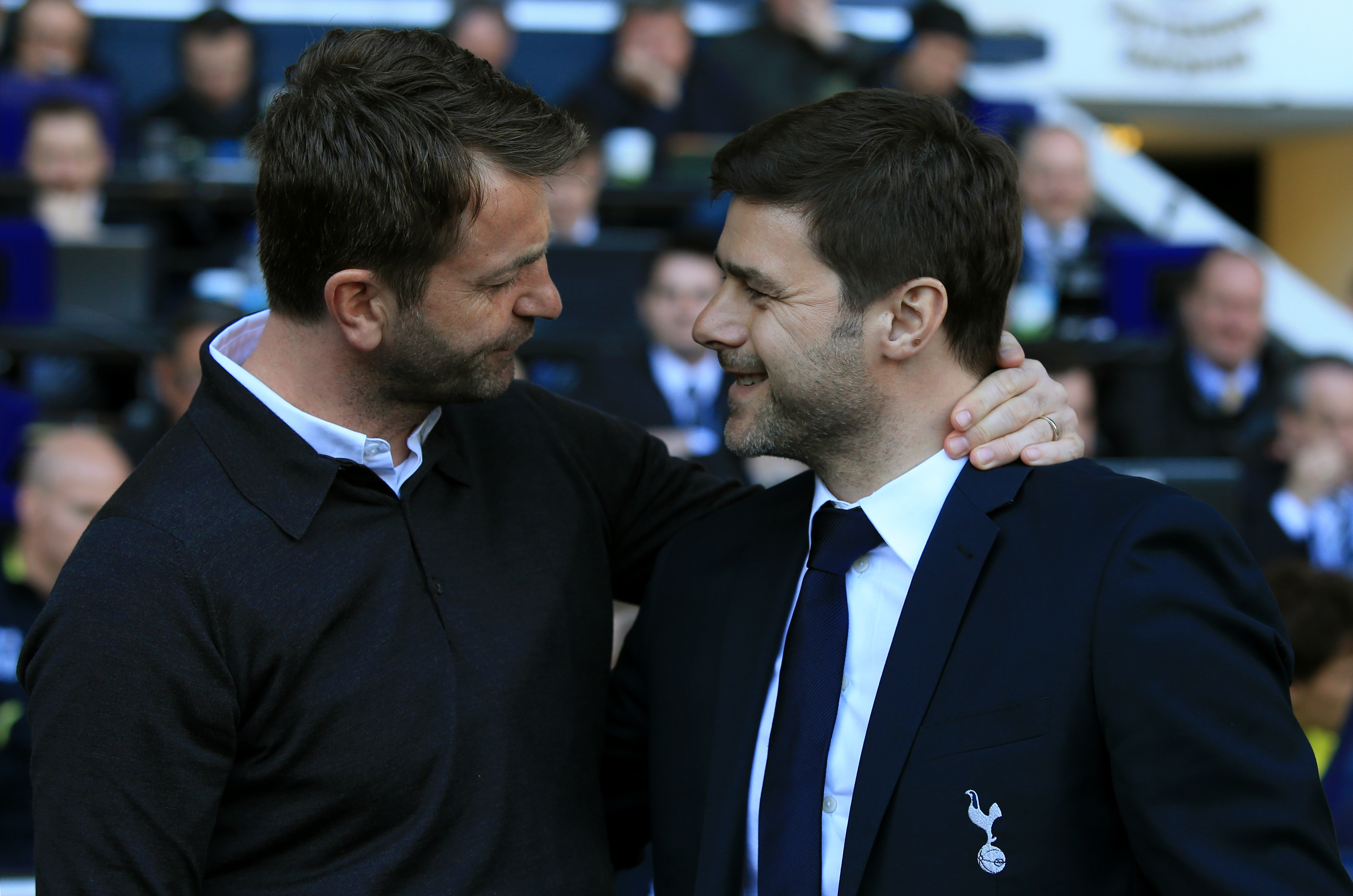
Another former England midfielder in Tim Sherwood was assistant to Harry Redknapp and then served as technical director before being tasked with assuming “first-team coaching duties” following the sacking of Andre Villas-Boas in December 2013. Sherwood signed an 18-month deal with a break clause at the end of the 2013-14 campaign, which was exercised by Spurs chairman Daniel Levy after he was only able to guide the club to sixth place, finishing 10 points behind the Champions League qualification spots. They had only been five back when Sherwood was appointed.
Get FourFourTwo Newsletter
The best features, fun and footballing quizzes, straight to your inbox every week.
Arsenal
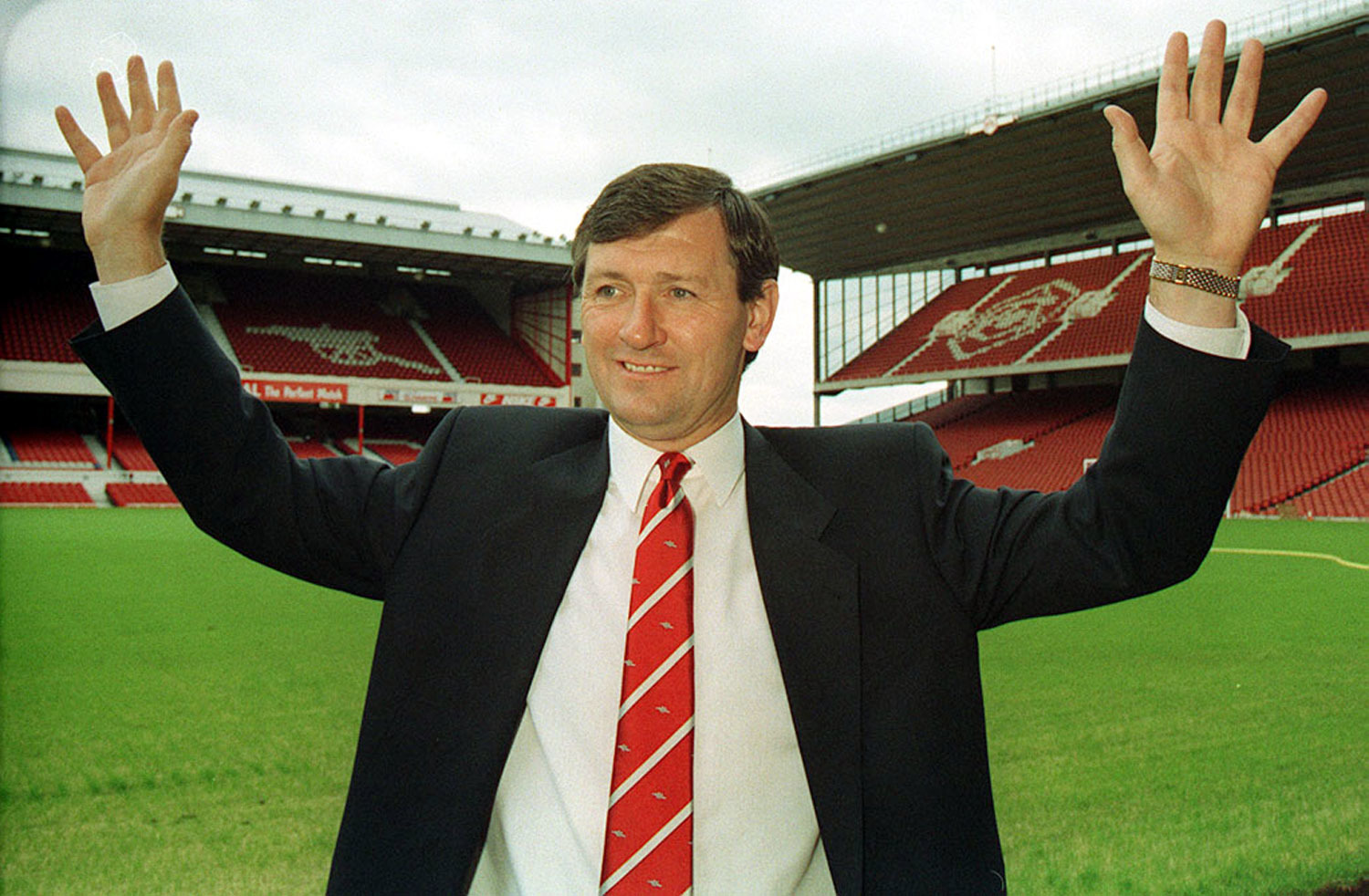
There may be a little debate on this one as Bruce Rioch was the last English-born manager of the Gunners, whom he guided to a fifth-place finish in 1995-96 in his only campaign in charge. However, the man who brought Dennis Bergkamp to north London captained Scotland during his playing career. Before Rioch, the previous English-born manager was Don Howe, who ended his playing career at Arsenal before returning to take temporary charge at the end of 1983, a position he took permanently in April of the following year. However, after two years without a trophy, he stood down.
Manchester United
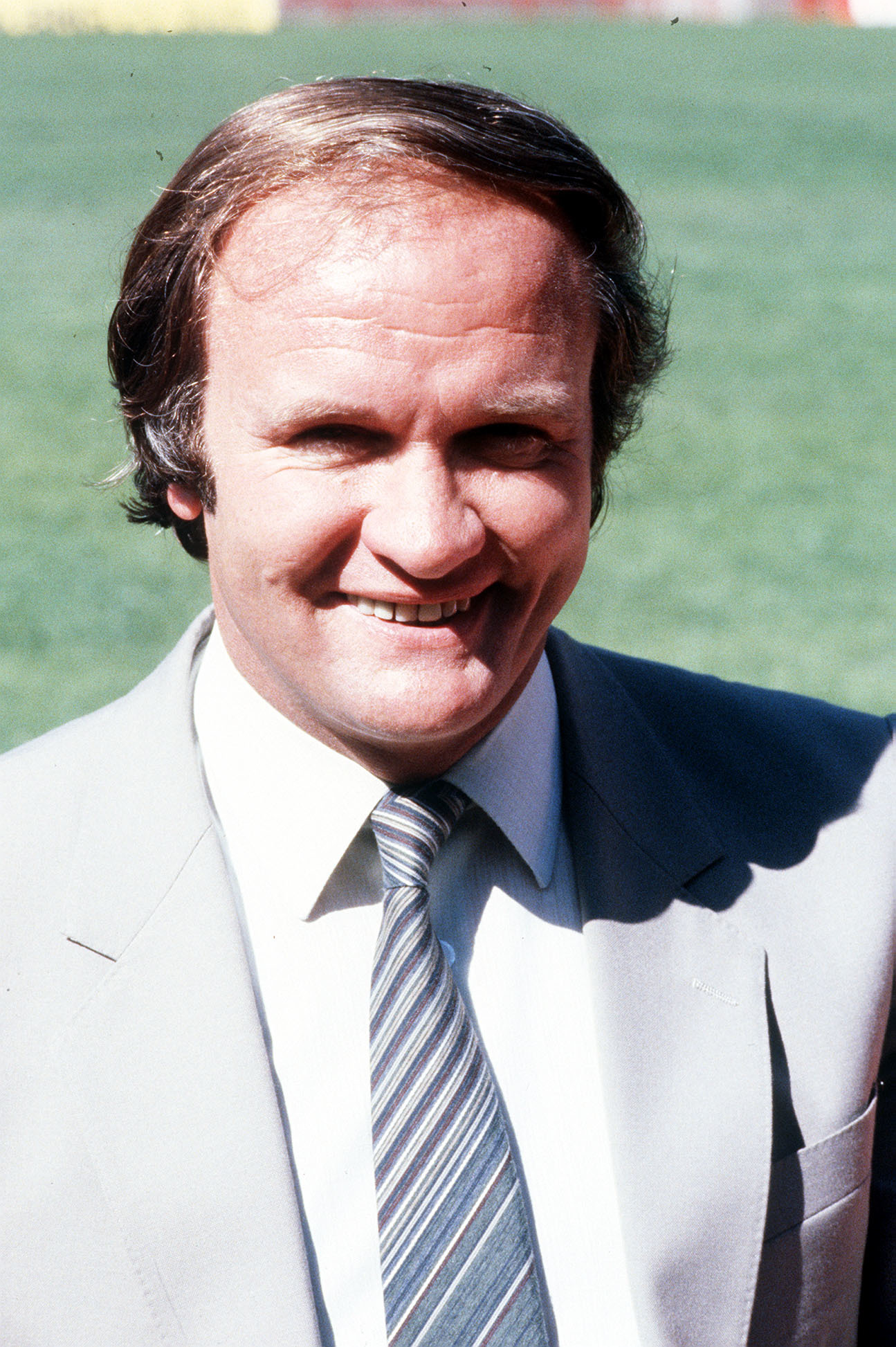
Before the Sir Alex Ferguson era, Ron Atkinson was the man tasked with bringing the glory days back to Old Trafford following a lean period in the decade since Sir Matt Busby’s departure. Appointed in June 1981, Atkinson would oversee five consecutive top-four Division One finishes as well as two FA Cup triumphs, making him by far the most successful United manager since Busby. Speculation had been mounting for months he would be replaced, though, long before a disappointing start to the 1986-87 season led to him being sacked in November 1986, when he was succeeded by Ferguson.
FourFourTwo was launched in 1994 on the back of a World Cup that England hadn’t even qualified for. It was an act of madness… but it somehow worked out. Our mission is to offer our intelligent, international audience access to the game’s biggest names, insightful analysis... and a bit of a giggle. We unashamedly love this game and we hope that our coverage reflects that.

